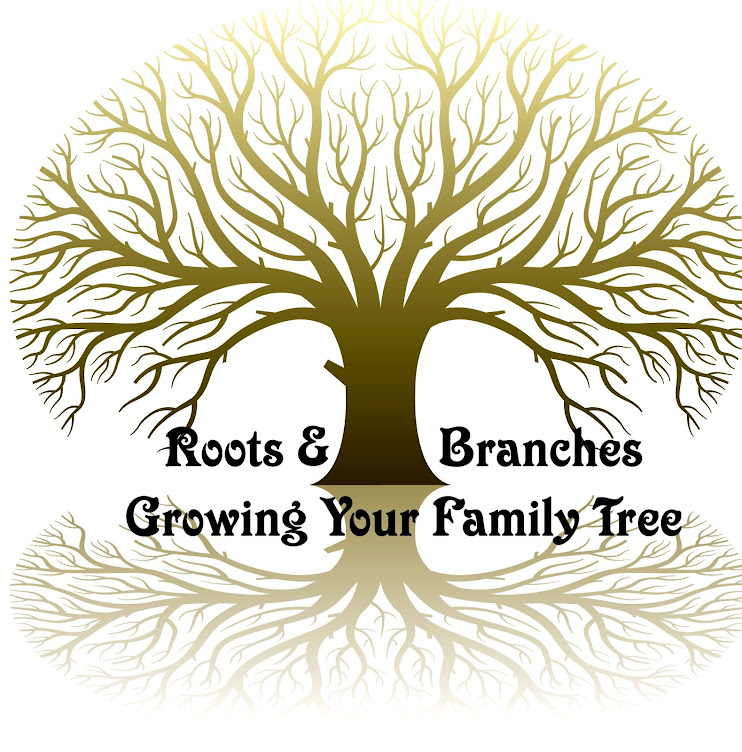How to Find Some of the More Obscure Collections of Genealogy Records
Google, DuckDuckGo, Bing, and other search engines are great for finding online databases that are useful to genealogists. However, smaller collections and even obscure ones are not prominently listed in the big search engines. Yet there are a few online listings that can point the way to finding what you seek.The Genealogy Roots Blog at https://genrootsblog.blogspot.com contains pointers to many online genealogy databases, records and resources. The focus is on vital records (birth, marriage and death records), obituaries, census records, naturalization records, military records and ship passenger lists. Although the blog is based in the USA, online European, Canadian, and other records sources are sometimes included. You may also occasionally see a fun post or genealogy news. Joe Beine does a great job of adding more and more links as time goes by.
 Another huge resource is Cyndi’s List, available at: https://www.cyndislist.com.
The site contains roughly 336,000 links to genealogy-related web pages
in more than 200 categories. The various categories include many sources
online records as well as pointers to newsletters, religious groups,
historical information, geography, and much, much more.
Another huge resource is Cyndi’s List, available at: https://www.cyndislist.com.
The site contains roughly 336,000 links to genealogy-related web pages
in more than 200 categories. The various categories include many sources
online records as well as pointers to newsletters, religious groups,
historical information, geography, and much, much more.Cyndi’s List is free for everyone to use and is meant to be your starting point when researching online for information in the United States and also in many other countries. Indeed, Cyndi Ingle has labored many thousands of hours since 1996 to produce this huge online resource at https://www.cyndislist.com.
I would suggest you check out both the Genealogy Roots Blog and Cyndi’s List to see if they contain information that may help you in your family history searches.

 Loyalists,
the women and men who chose to stay loyal to the British Crown during
the American Revolution, have been the subject of a resurgence of
scholarly interest over the past decade. Many of the Loyalists moved to
Canada as the U.S. Revolutionary War came to a close and a few others
moved to England.
Loyalists,
the women and men who chose to stay loyal to the British Crown during
the American Revolution, have been the subject of a resurgence of
scholarly interest over the past decade. Many of the Loyalists moved to
Canada as the U.S. Revolutionary War came to a close and a few others
moved to England.

 These
are laws that strongly affect genealogists. Many states are locking up
public domain birth, marriage, and death records under the bogus claim
of “preventing identity theft.” What’s the odds that an identity thief
wants to use the personal information of my grandmother who died more
than 60 years ago? Does anyone believe a thief can obtain a loan or a
credit card in her name?
These
are laws that strongly affect genealogists. Many states are locking up
public domain birth, marriage, and death records under the bogus claim
of “preventing identity theft.” What’s the odds that an identity thief
wants to use the personal information of my grandmother who died more
than 60 years ago? Does anyone believe a thief can obtain a loan or a
credit card in her name?